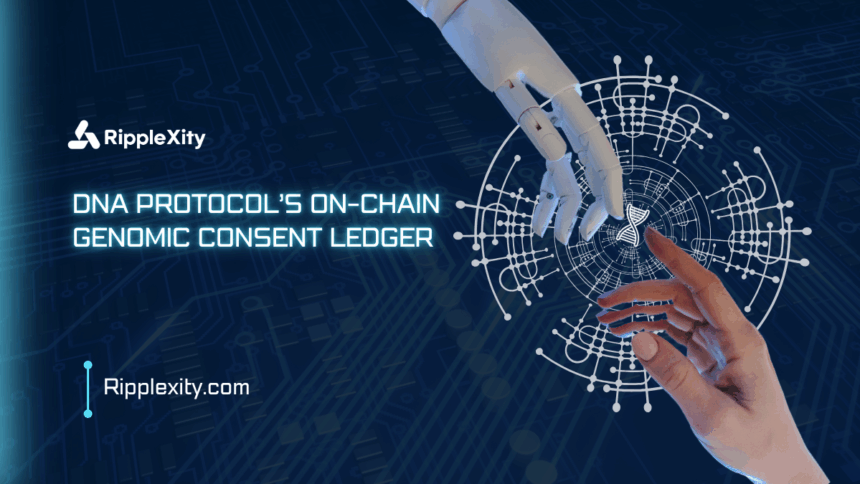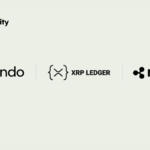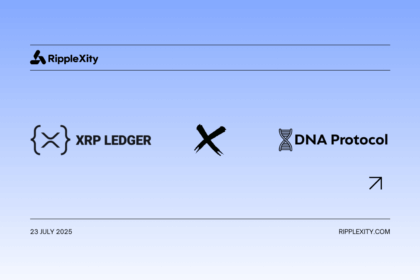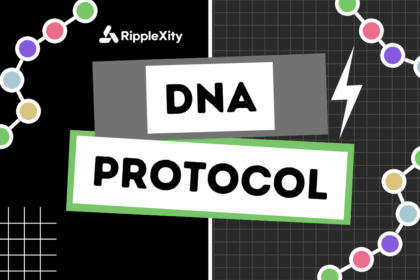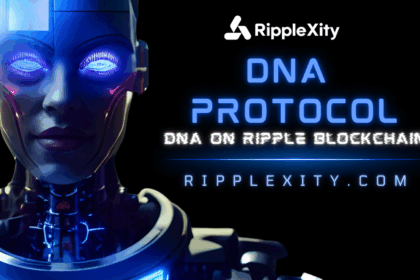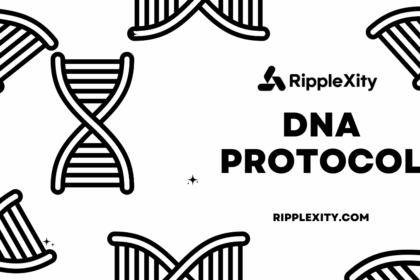As genomics becomes central to personalized medicine, data sharing frameworks must evolve to prioritize transparency, user control, and ethical accountability. DNA Protocol addresses this challenge with an on-chain genomic consent ledger, enabling immutable and verifiable consent tracking for every instance of DNA data utilization.
🔍 The Problem with Genomic Data Consent Today
Traditional models of medical consent are static, paper-based, or stored in centralized systems vulnerable to loss, manipulation, or inaccessibility. In genomic applications, where data may be reused for research, diagnosis, or treatment years after collection, consent must be dynamic and traceable.
DNA Protocol introduces a blockchain-based solution that solves this critical gap.
🧬 What Is DNA Protocol’s Genomic Consent Ledger?
DNA Protocol utilizes a decentralized ledger (hosted on the Ripple blockchain) to anchor each consent interaction. Every time a user gives, revokes, or updates their genomic data-sharing permissions, a cryptographically verifiable record is generated and immutably stored on-chain.
This allows:
- Healthcare providers to verify data usage permissions in real time
- Researchers to demonstrate ethical compliance
- Patients to remain in control of how their genomic identity is used
🛡️ Privacy by Design
While transactions are immutably stored, personally identifiable genomic sequences remain off-chain. The on-chain consent entries are linked via ZK-consent (zero-knowledge proof) architectures, ensuring privacy without compromising regulatory compliance or verifiability.
⚖️ Regulatory Alignment and Future Impact
DNA Protocol’s model aligns with evolving data protection standards like GDPR, HIPAA, and the OECD’s genomic data governance guidelines, which call for increased transparency, user agency, and ethical oversight in health data platforms.
As real-world applications like AI diagnostics, digital therapeutics, and genomic insurance underwriting scale, verifiable consent will become non-negotiable. DNA Protocol’s infrastructure offers a blueprint for securing trust at the genomic layer.
🔗 Conclusion
DNA Protocol’s on-chain consent ledger is more than just a blockchain utility—it’s a foundation for ethical genomic collaboration. By giving individuals provable, immutable control over their biological data, it redefines the standard for privacy, accountability, and innovation in genomic science.




